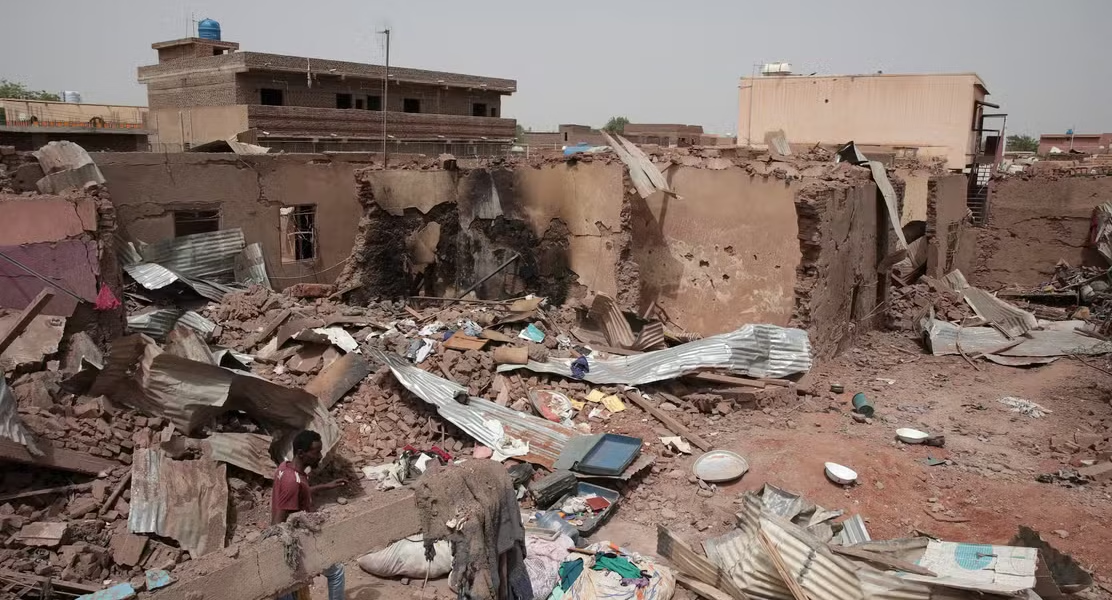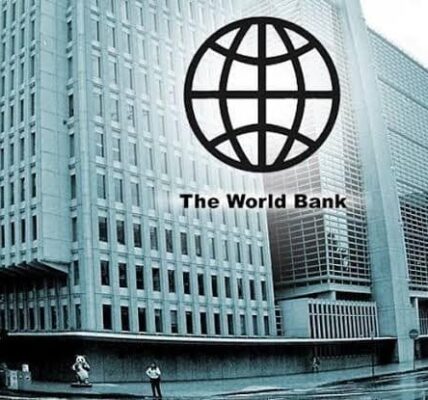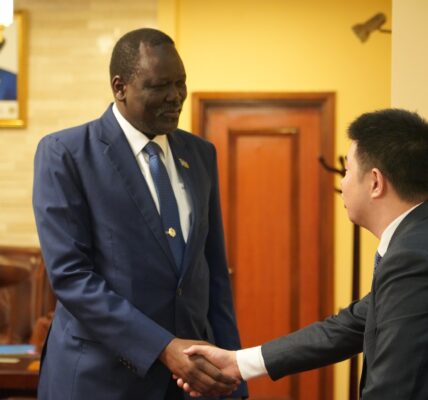The scars of war are everywhere in Sudan’s capital—blackened apartment blocks, gutted hospitals, and burned-out vehicles welded into the streets. Yet amid the devastation, residents are returning and working tirelessly to bring the city back to life.
Tens of thousands have already made their way home, braving water shortages and lingering dangers from unexploded ordnance. “Living is still difficult, but conditions are improving,” said returnee Ali Mohamed, noting that clean water and medical care have begun to return.
Local volunteers, supported by government crews, are repairing schools, clearing debris, and restoring basic services. In one district, children watched as a group of men hoisted a new power pole to replace one destroyed in the fighting. In another, women distributed food to laborers working under the scorching sun.
The cost of rebuilding Khartoum will run into billions, according to UN officials. But for those who survived the war, the true price is measured differently—in the determination of people to reclaim their capital and rebuild it brick by brick.






